in Thoreau’s Journal:
The secretary of the Association for the Advancement of Science requests me, as he probably has thousands of others, by a printed circular letter from Washington the other day, to fill the blank against certain questions, among which the most important one was what branch of science I was specially interested in, using the term science in the most comprehensive sense possible. Now, though I could state to a select few that department of human inquiry which engages me, and should be rejoiced at an opportunity to do so, I felt that it would be to make myself the laughing-stock of the scientific community to describe or attempt to describe to them that branch of science which specially interests me, inasmuch as they do not believe in a science which deals with the higher law. So I was obliged to speak to their condition and describe to them that poor part of me which alone they can understand.
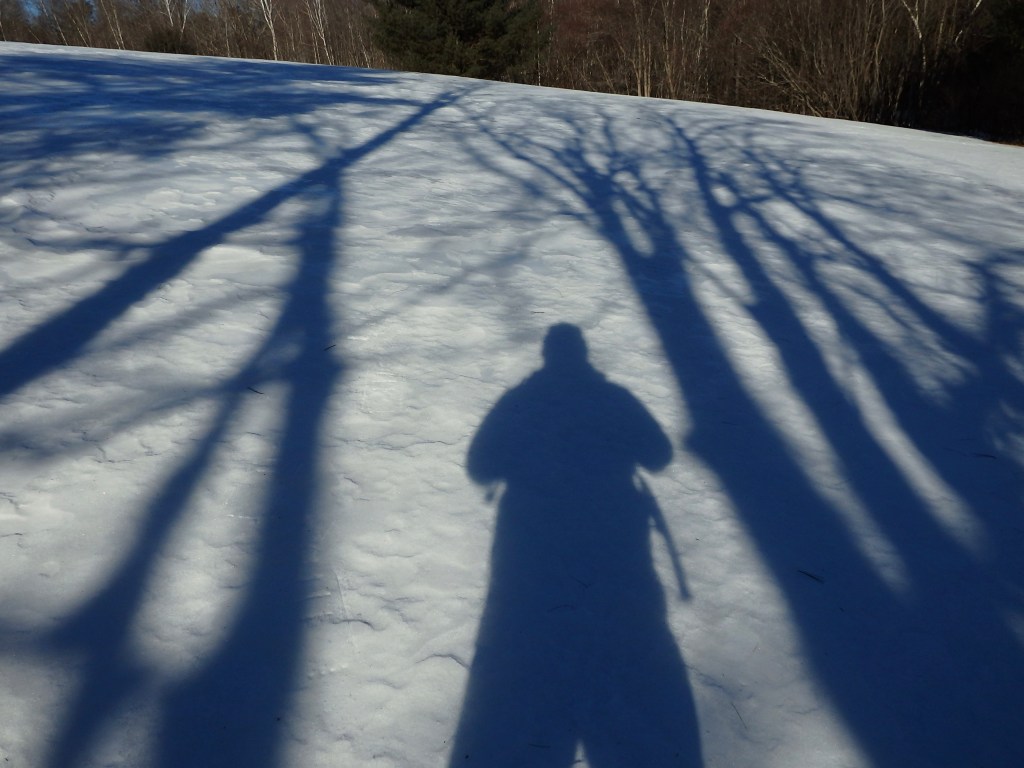
The fact is I am a mystic, a transcendentalist, and a natural philosopher to boot. Now I think of it, I should have told them at once that I was a transcendentalist. That would have been the shortest way of telling them that they would not understand my explanations.

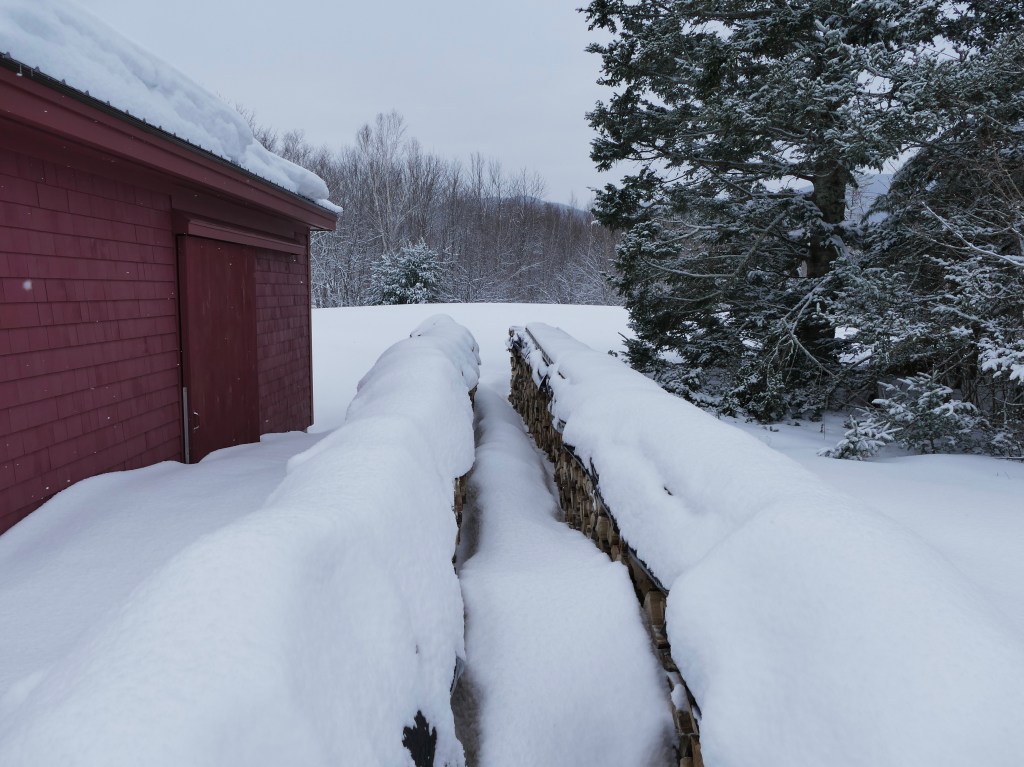
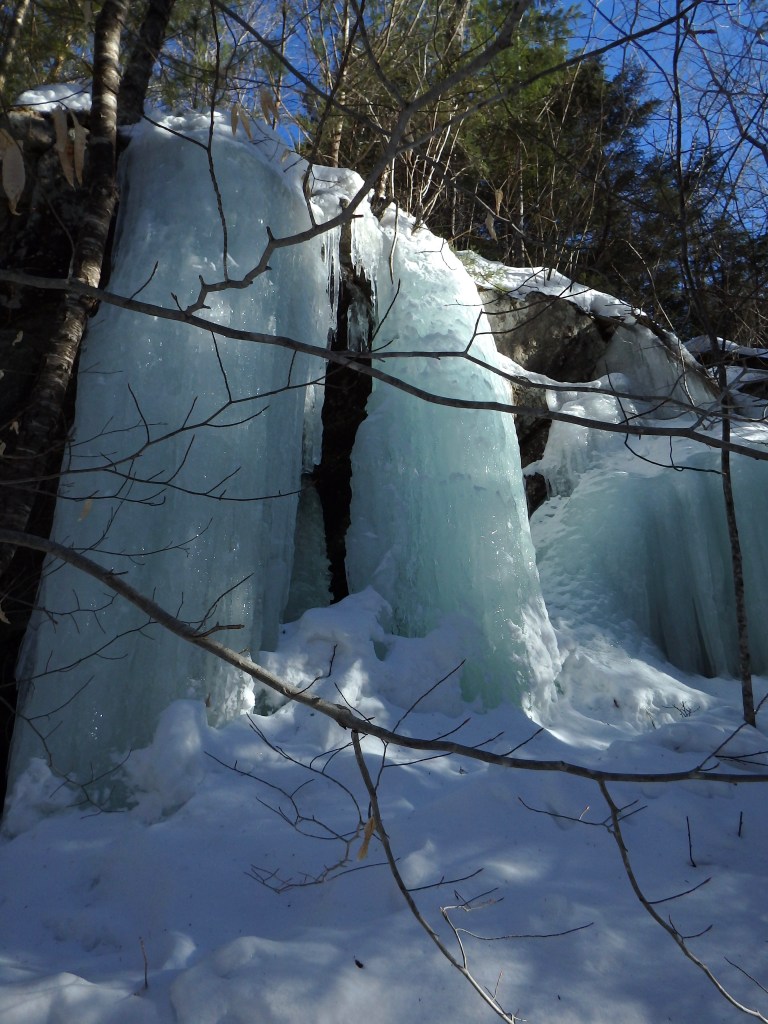
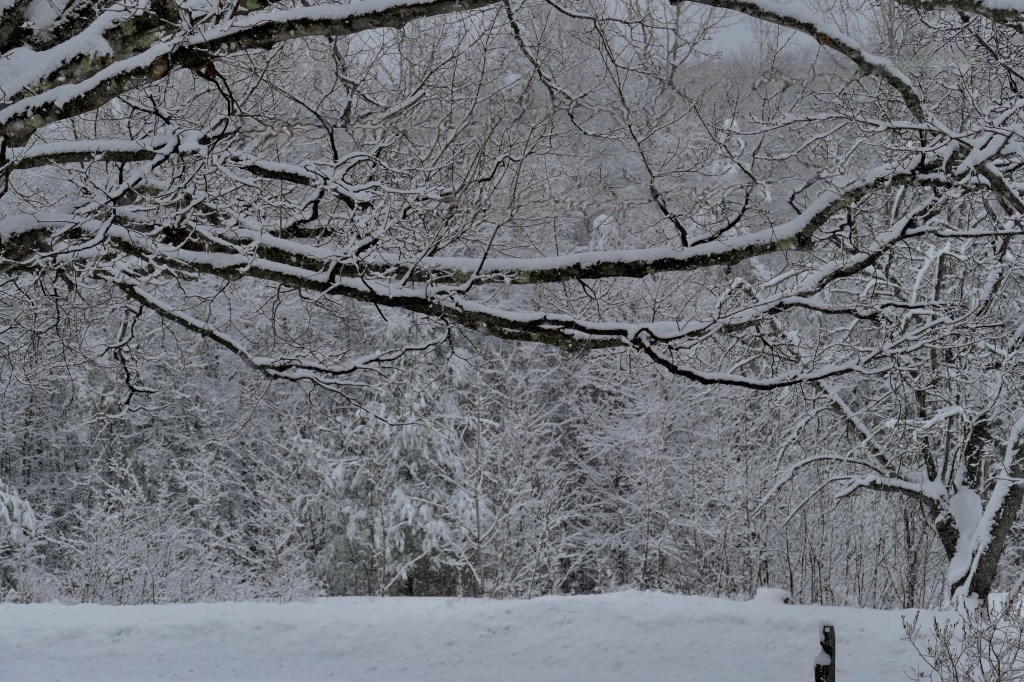
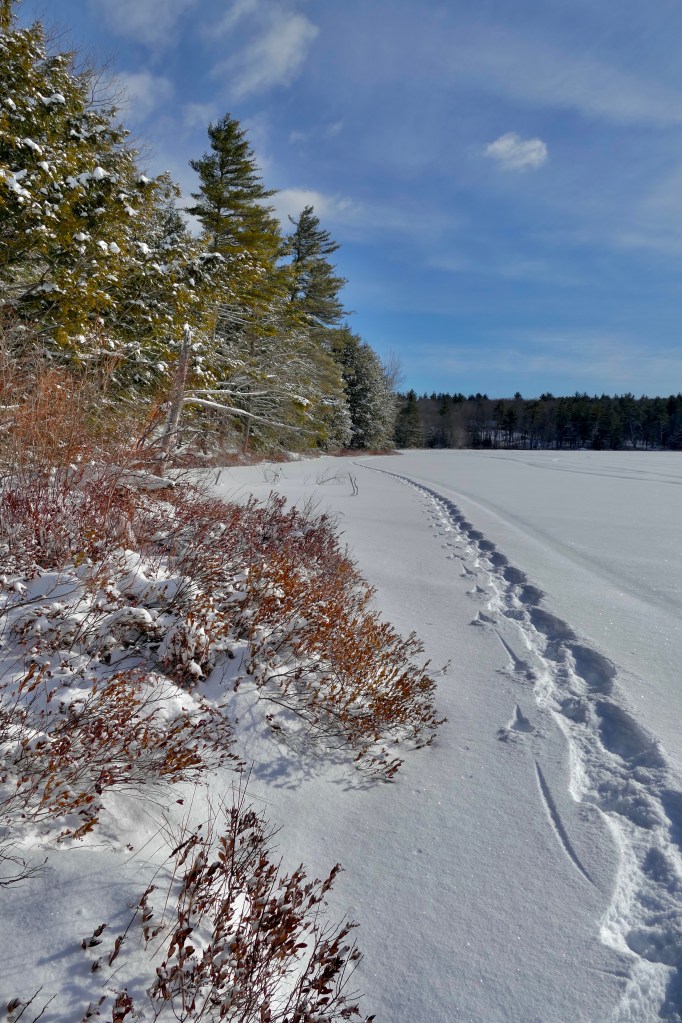
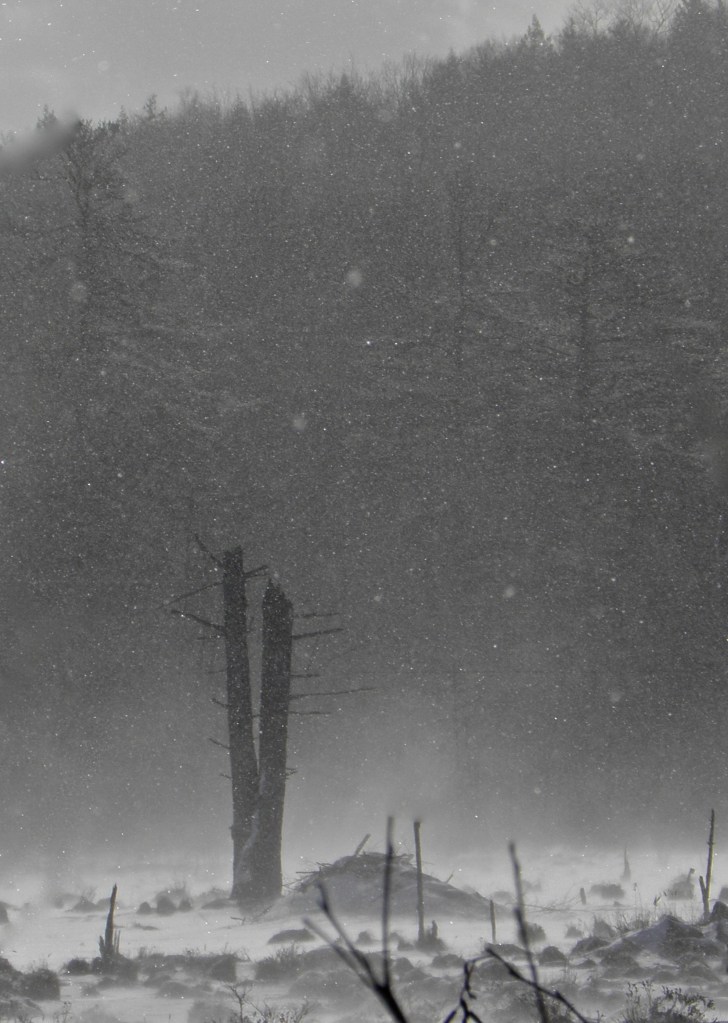
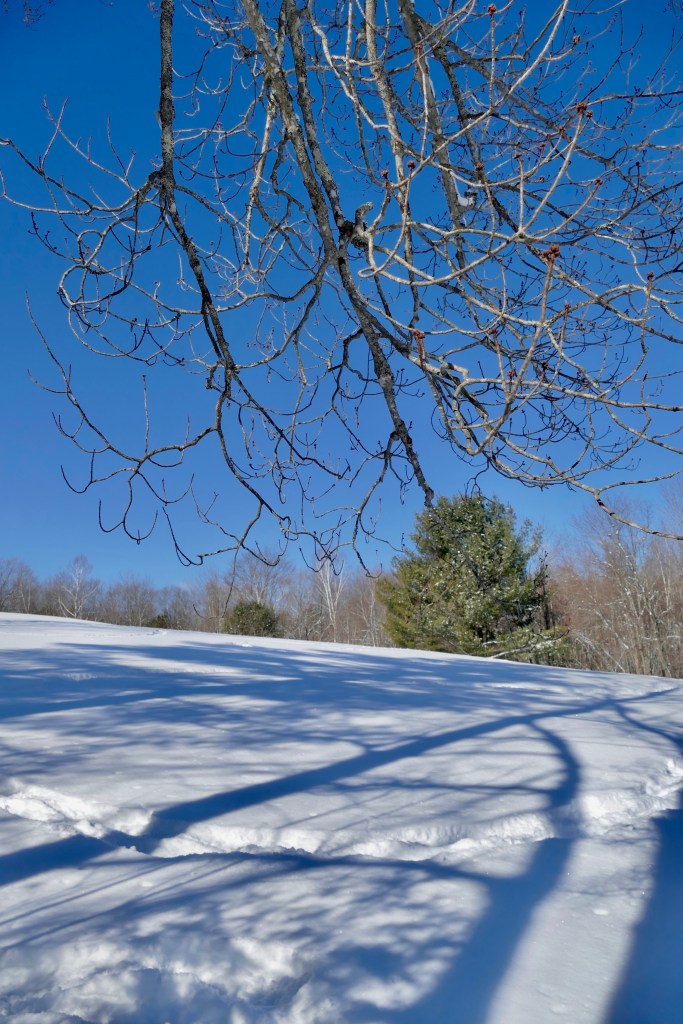
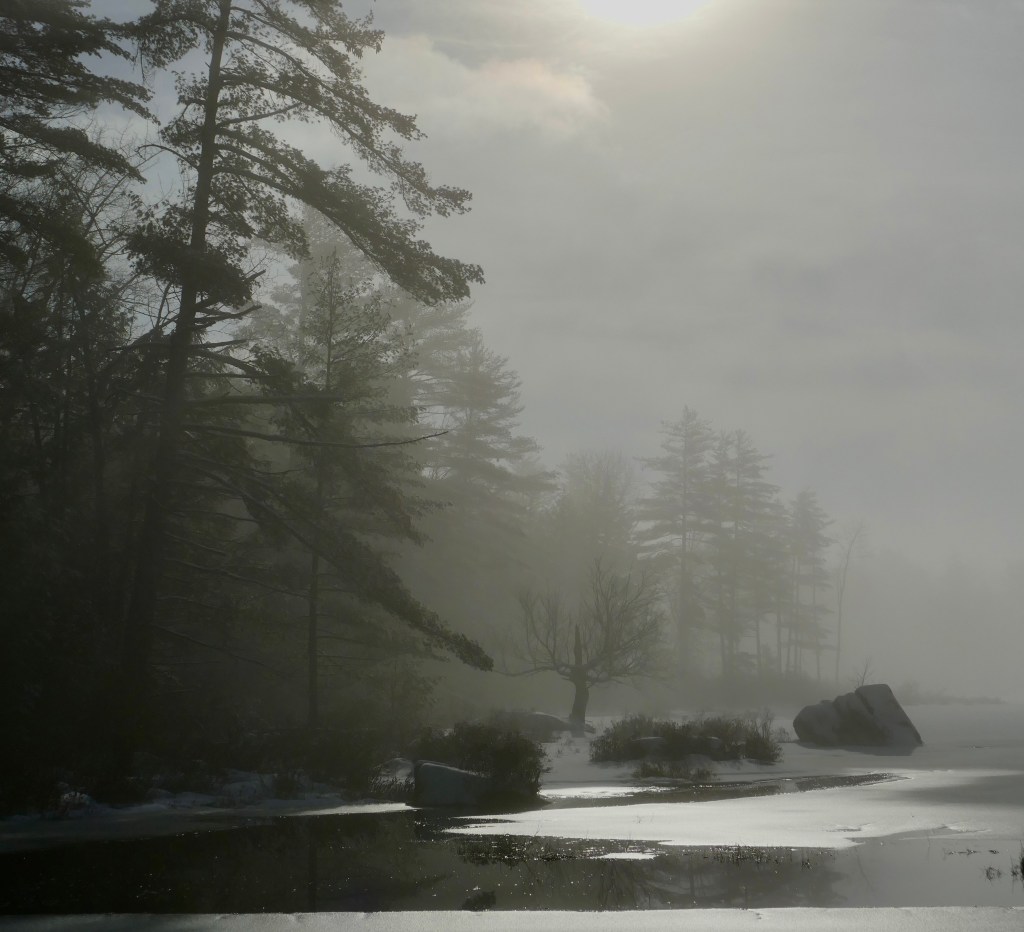
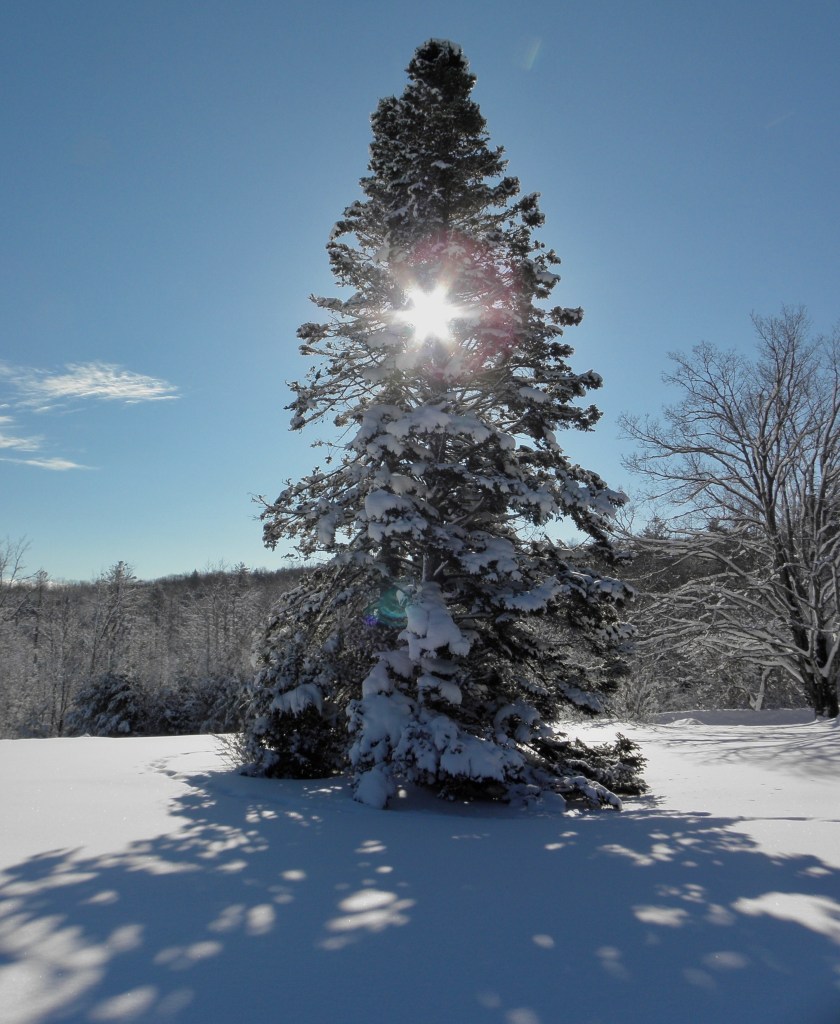
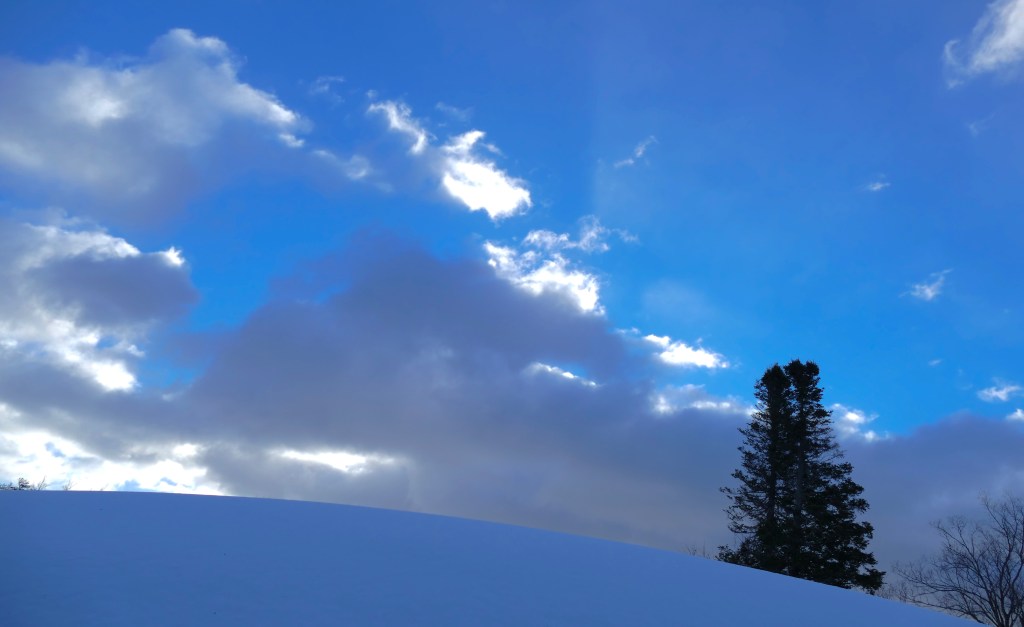
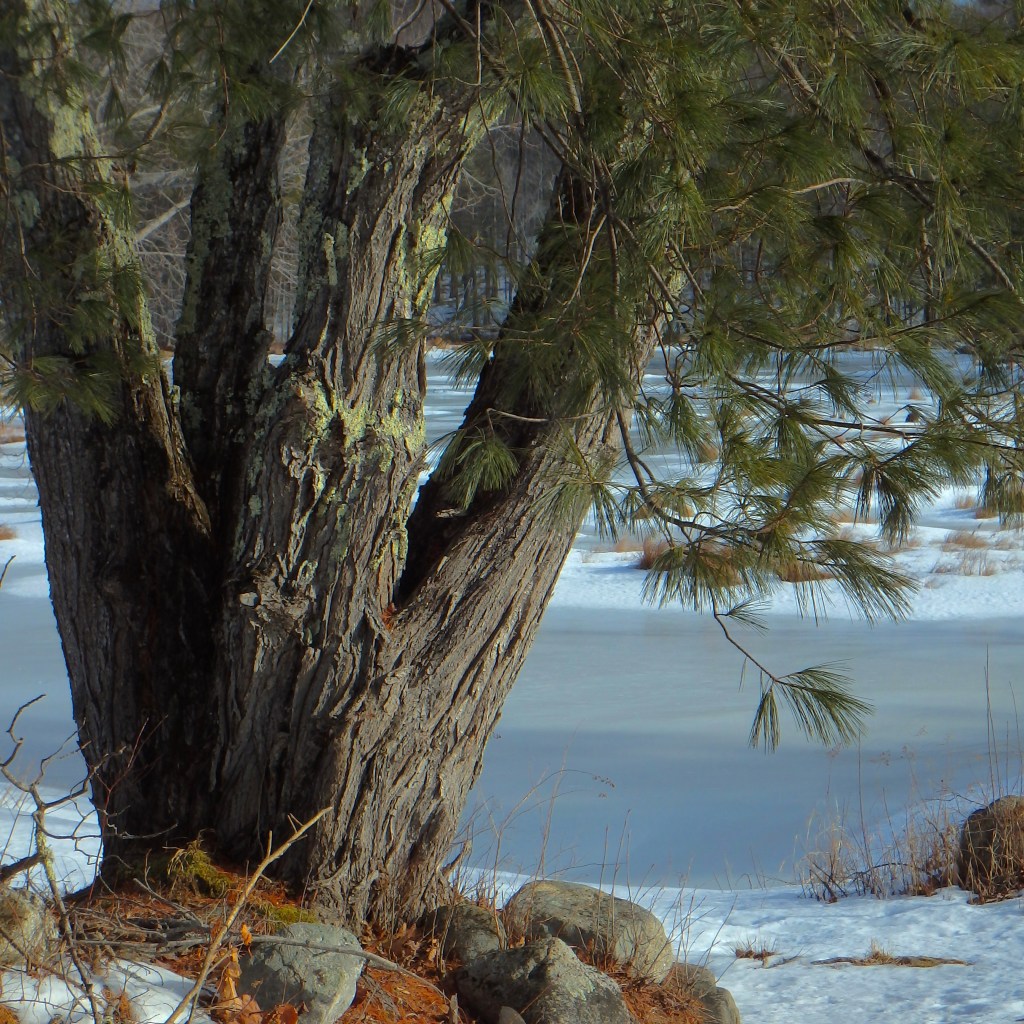

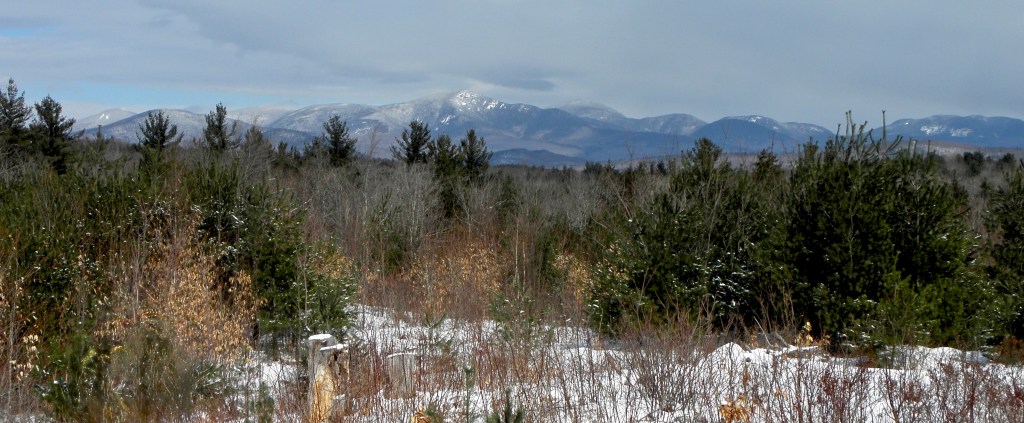
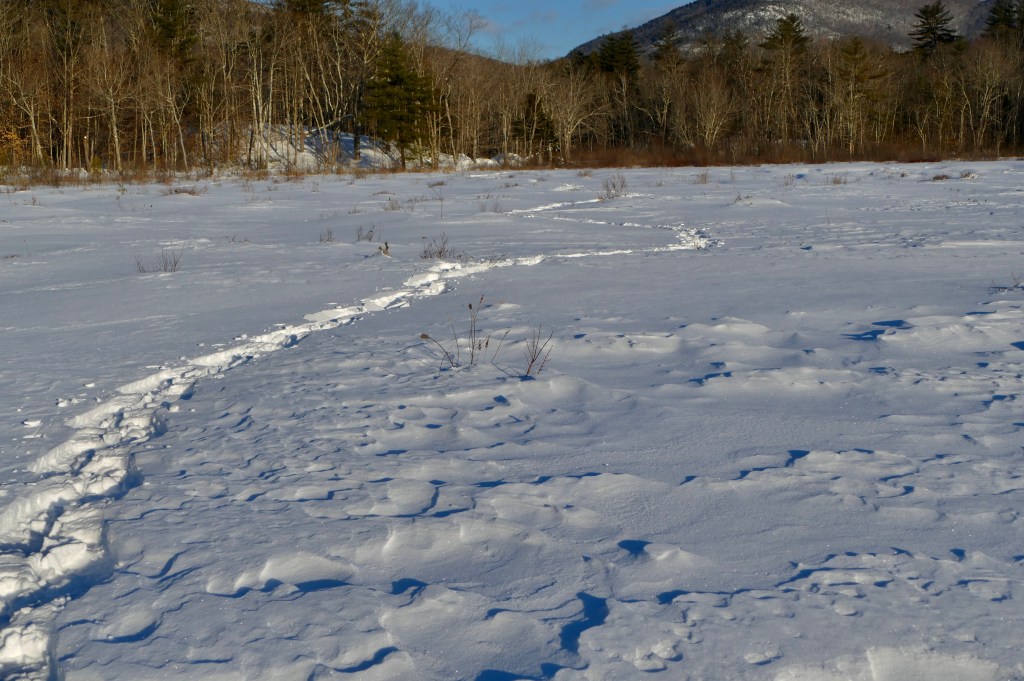
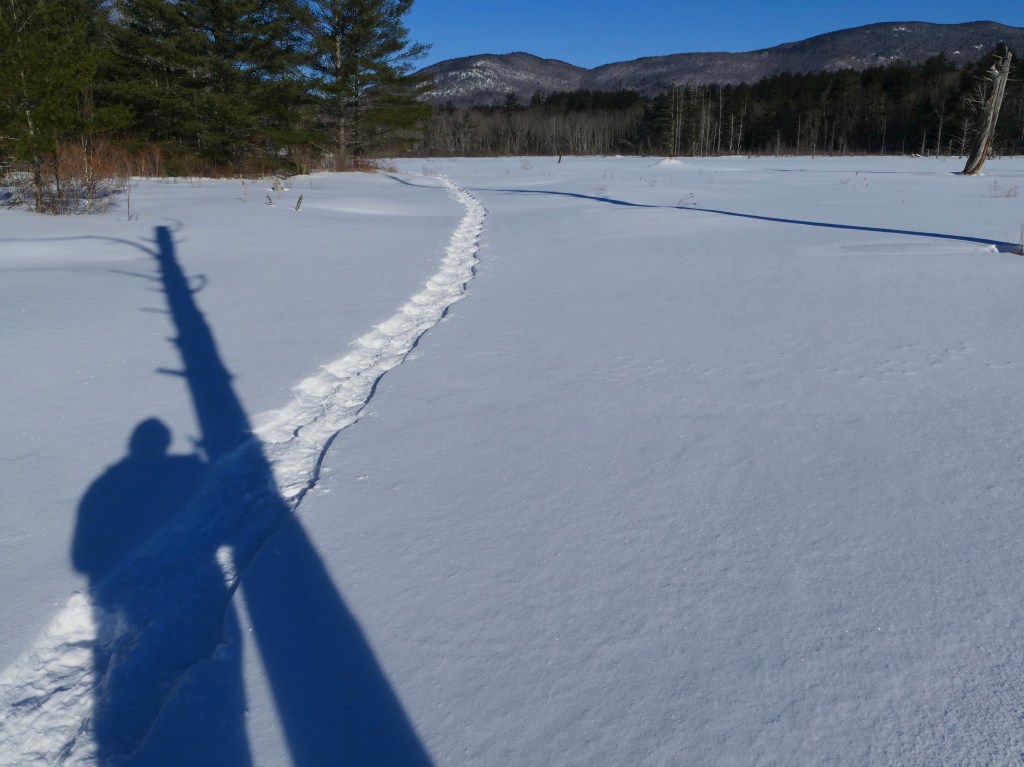
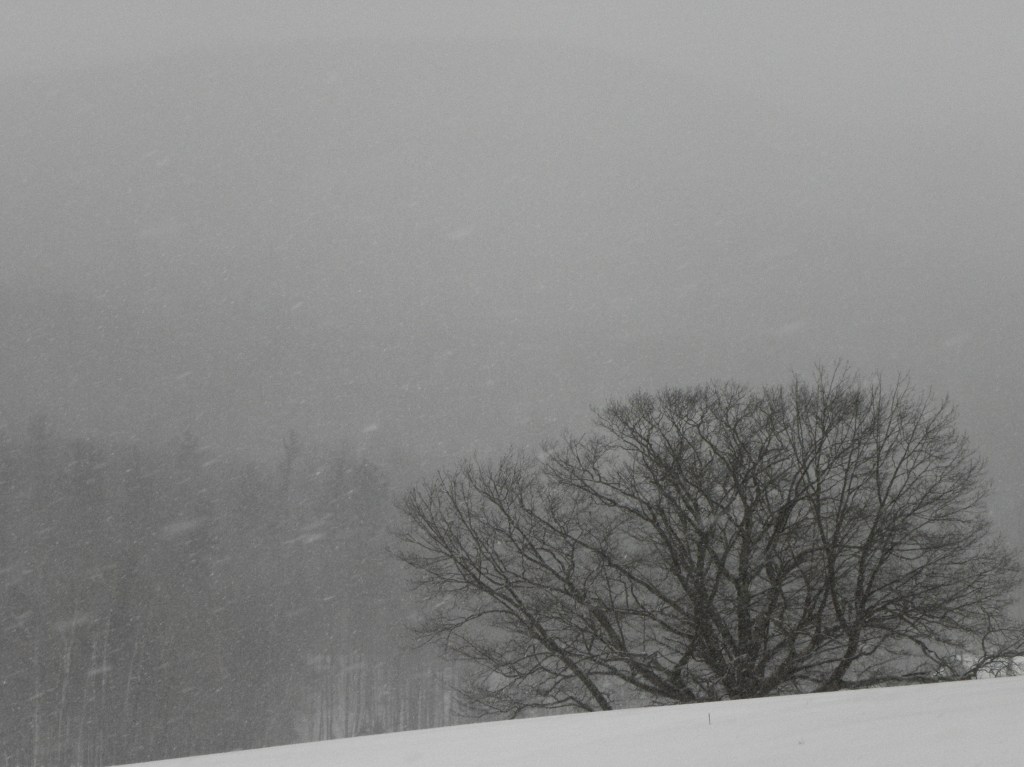
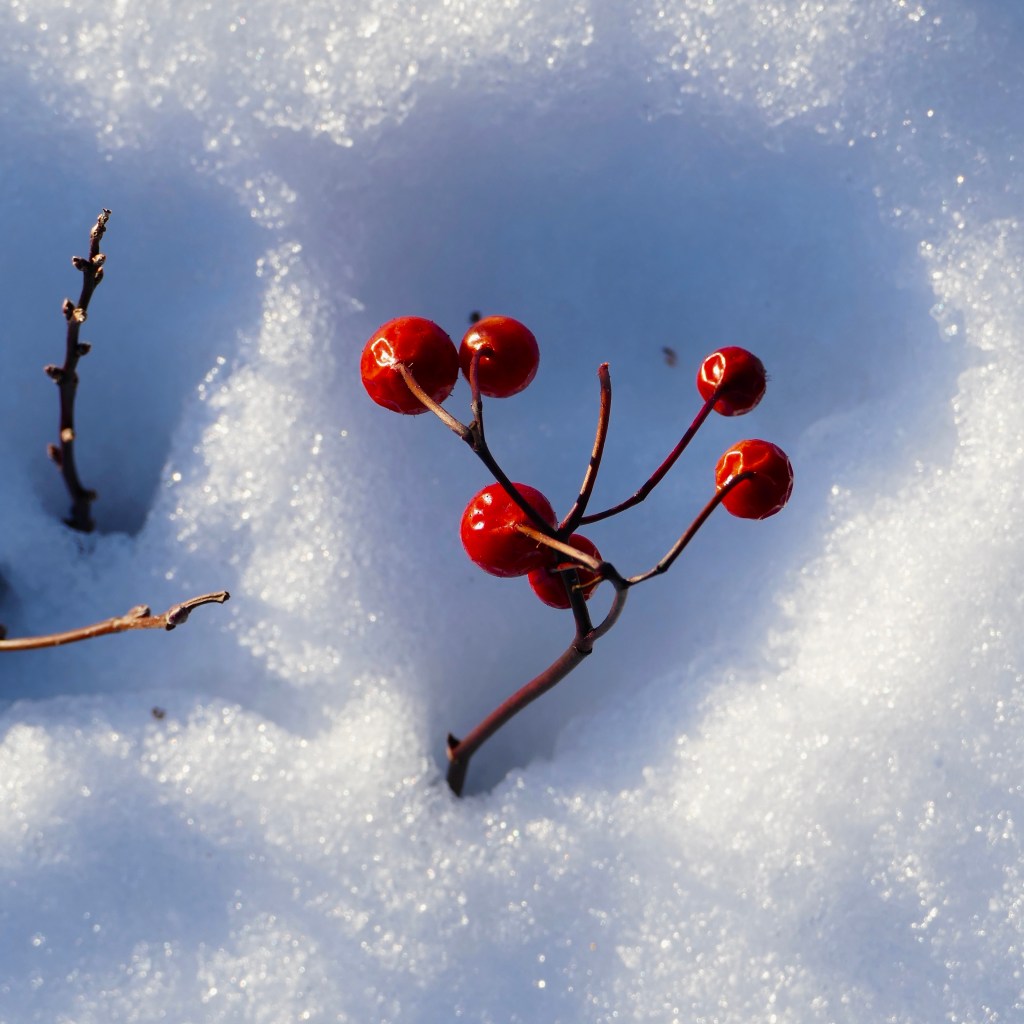
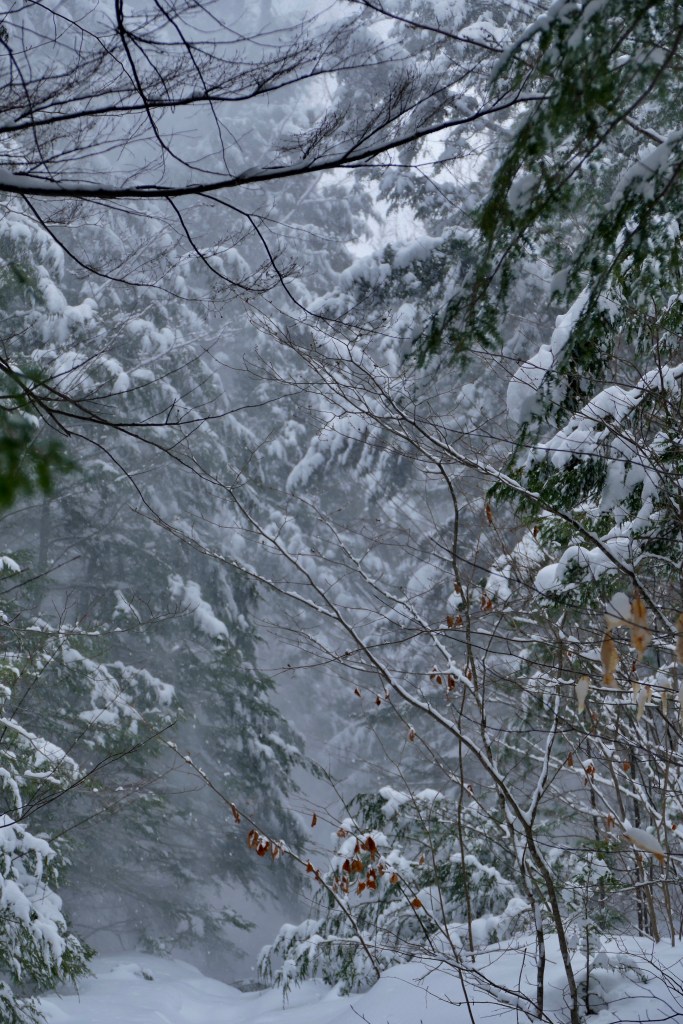
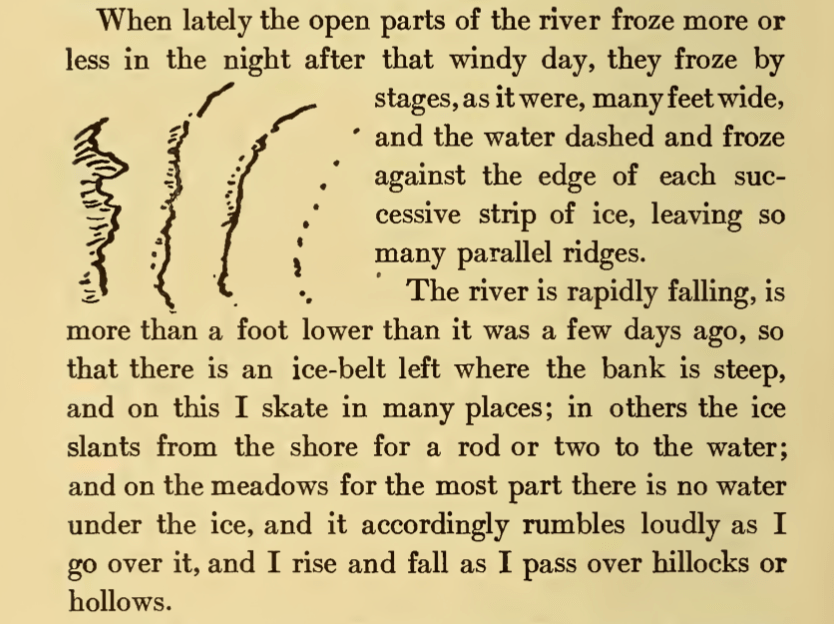
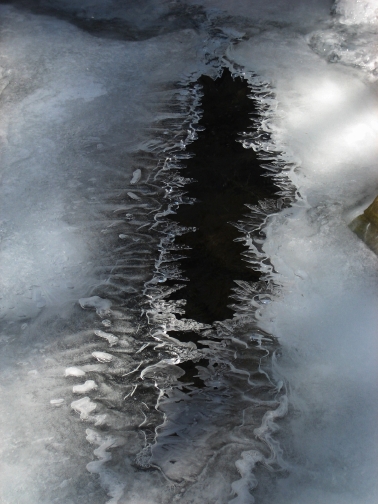
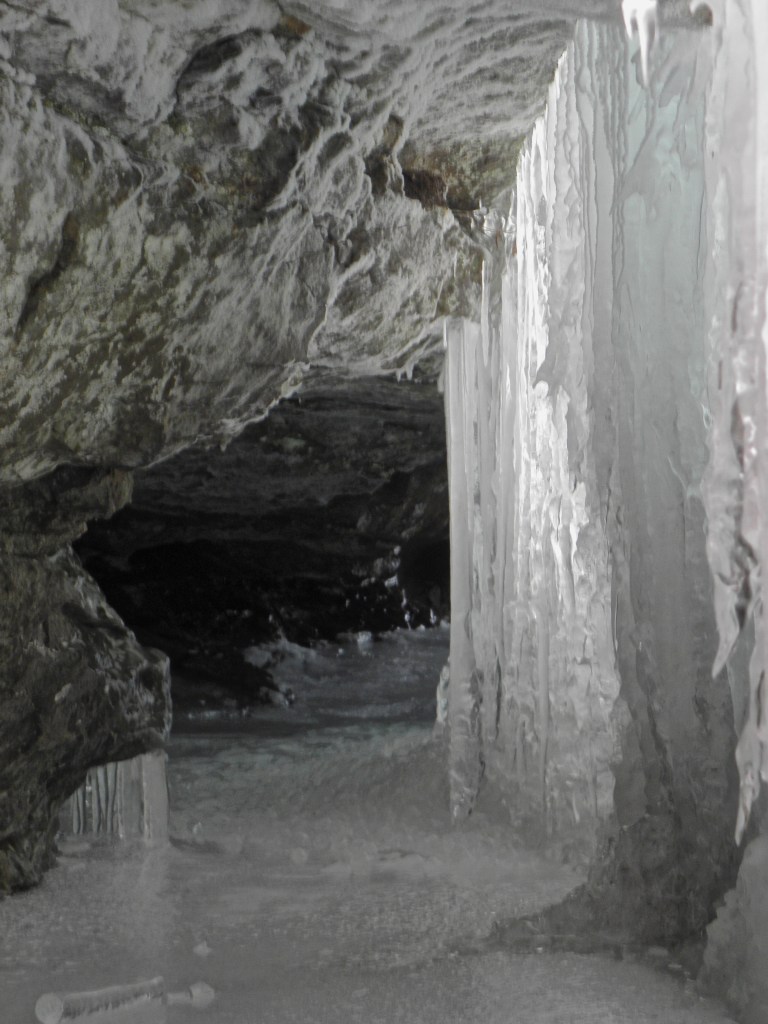
You must be logged in to post a comment.